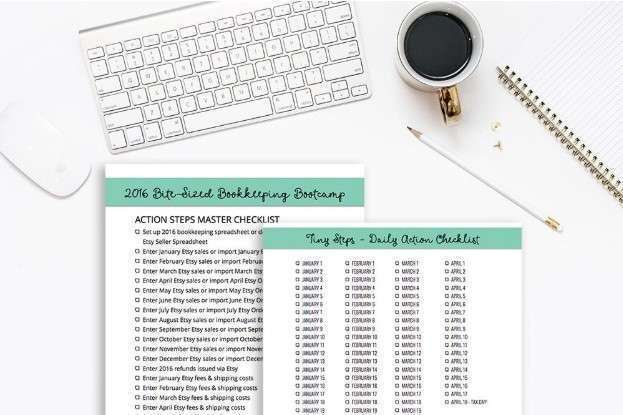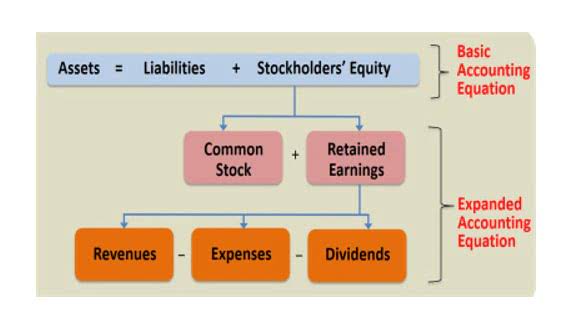Bookkeeping for Churches: How to Balance Faith and Finances Foundation Group®

Shoeboxed is an expense & receipt tracking app that helps you get reimbursed quickly, maximize tax deductions, and reduce the hassle of doing accounting. After careful consideration, I’ve determined that these are the most important criteria when selecting the best church bookkeeping software. Martus Solutions helps you build budget worksheets in the cloud, monitor conformance with budgets, and drill down into transactional level details. The pre-built planning templates are designed to engage church leaders in the planning process, while accurate, real-time data assists with analyzing budgets.
Financial Statements
While each church’s books are unique to its resources, any church can get started with bookkeeping using the following steps. For example, some programs take just six months while others might take a year to complete. When researching different online providers, double-check the estimated time commitments to see what will best fit your schedule. In addition to the factors above, you’ll also need to determine what certification or licensing you want to pursue.
All your expenses paid, tracked, and recorded
Most churches have a 501(c)(3) tax code, which means they must follow non-profit accounting standards and are exempt from federal income tax. This compliance ensures the community and congregation can trust in the church’s financial health, transparency, and security. Set up automatic reports to be created and sent on any schedule you need. Send your donors yearly donation statement with thank you letters attached. QuickBooks helps you track expenses by committee, program, or fund. You can also track your donations—how much you received, spent, and have left.

Administration Expenses:

The curriculum consists of three classes totaling 11 units and equips you with foundational accounting skills and knowledge as well as experience in QuickBooks and Excel. Hiring a “experienced” bookkeeper is not usually very high on a small or start up church’s list of necessities. So the Pastor either does the bookkeeping themselves or corrals a member/volunteer with some “financial” or “organizational” skills and turns it over to them. One of the best practices bookkeeping for a church is to reconcile your bank and credit card accounts MONTHLY. The Statement of Cash Flows (SOCF) adjusts that “net balance” from the Statement of Activity (SOA) by deducting or adding any cash transaction that involved your assets or liabilities. So using the example stated above, your SOA may show a net balance of $1,000, but the SOCF will record that $1000 and then deduct the additional $1400 you spent cash on and give you the actual net balance of -$400.

How We Chose the Best Church Accounting Software:
Get matched with a QuickBooks-certified bookkeeper who understands nonprofits and keeps your books up to date. Terms, conditions, pricing, features, service and support are subject to change without notice. Religious organizations are generally, but not always, exempt from income tax.

Accounting is define as a system of recording and summarizing financial (business) transactions in such a way that they can later be analyzed or used to communicate with others. One more notable feature is FreshBooks’ highly customizable invoices. Churches can use these invoices to earn added revenue for weddings, funerals and other events. The only downfall here is the limitations on the number of clients you can invoice at one time. However, you can delete a client to make room for more, then easily undelete recurring clients as you need to invoice them. I have built my accounting spreadsheets using the single entrybookkeeping system outlined above.
Legal Compliance and TaxObligations for Churches
- Spend time on our website or contact us today to see how we can help.
- Find help articles, video tutorials, and connect with other businesses in our online community.
- If you’re using Donorbox for church fundraising, managing your finances is a breeze with Donorbox’s powerful integration with QuickBooks.
- Get matched with a QuickBooks-certified bookkeeper who understands nonprofits and keeps your books up to date.
- The church accounting system should be aware of these methods to find the best solutions to track them.
- Fund accounting helps churches separate revenue and expenses based on how they came in and how they’re used.
- The functional expense statement tells church members how they use the money for their organization.
You can expect a live human to answer the phone within two seconds, then zero hold time. Before a human answers, there are no endless runarounds with prerecorded messages and requests to push different buttons. You can also seek support via live chat, webinars and a knowledge base. There are advantages and disadvantages of using a single entry bookkeeping system.
- This means you’ll need to find time and gain the expertise necessary to keep accurate and compliant books.
- The church has goals that are different from those of a for-profit business.
- Reconciliation is another reason you’ll want to separate financial duties.
- Understanding church accounting is crucial as it helps you navigate the unique financial landscape of churches.
- Shoeboxed is an expense & receipt tracking app that helps you get reimbursed quickly, maximize tax deductions, and reduce the hassle of doing accounting.
Many organizations start out tracking their transactions in a spreadsheet for simplicity. However, as your church grows and its financial situation becomes more complex, you’ll eventually need to switch to dedicated accounting software. Having a variety of revenue streams makes your church more financially stable. If one source falls through or some of your expenses are higher than expected, it’s easier to recover when you don’t have all of your funding eggs in one basket. And, if everything goes to plan, you can use your additional revenue to create an emergency fund or save for long-term church growth.
- Create custom tags to tie donations to specific funds and programs for better organization and easier reference later on.
- While each church’s books are unique to its resources, any church can get started with bookkeeping using the following steps.
- Make sure your accounting solution can handle the unique aspects of church accounting discussed above, such as categorizing multiple revenue streams and creating the financial statements used by nonprofits.
- Turn your receipts into data and deductibles with our expense reports, including IRS-accepted receipt images.
- Whether you’re starting a business, an organization, a church or charter school — or growing a successful one — we’re your trusted partner in all things financial.
- To keep this revenue stream, supporters must know their donations are being used correctly or as requested.

